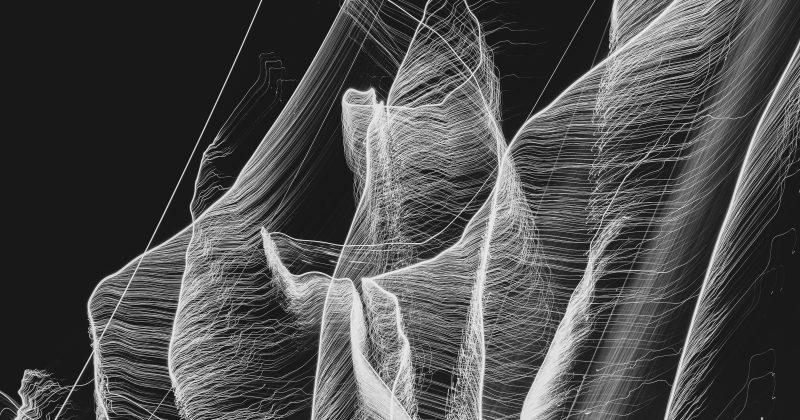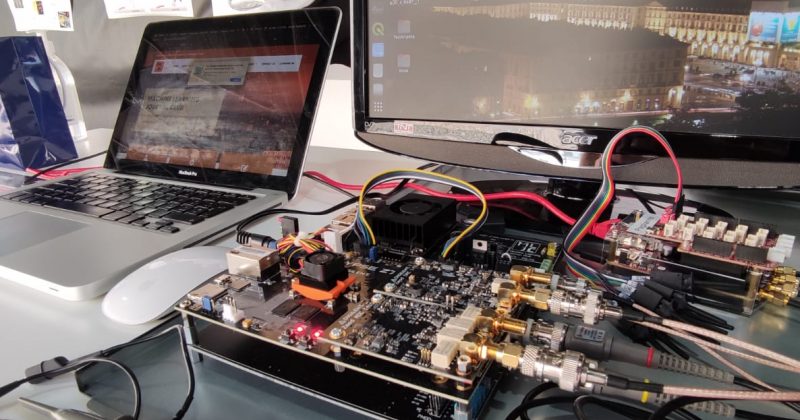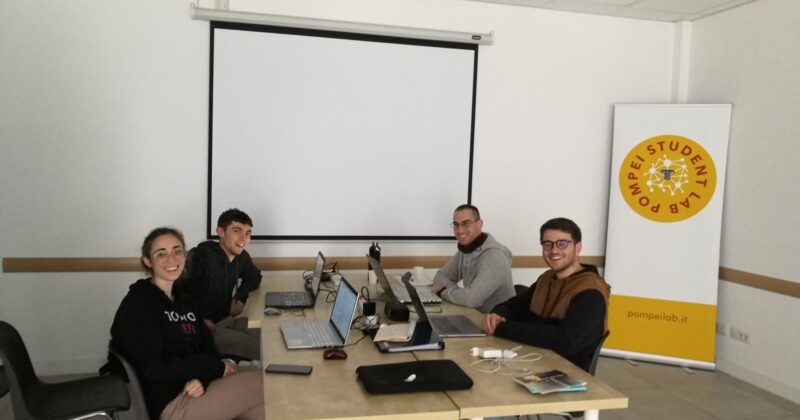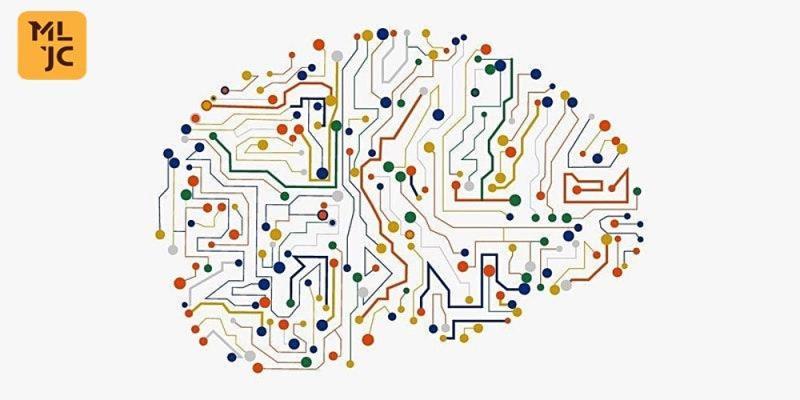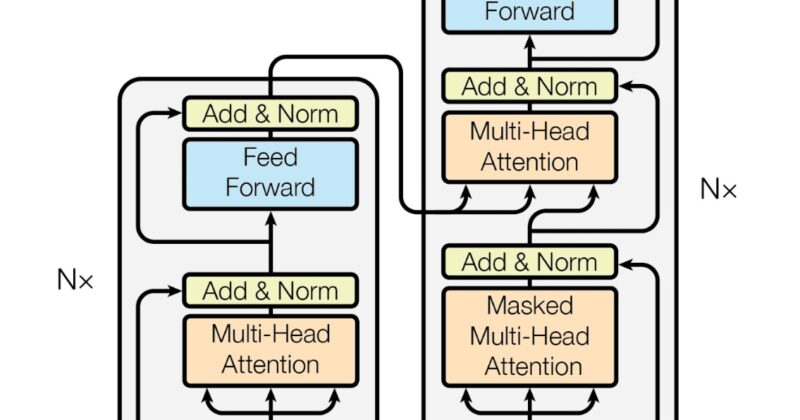
Research Project: the flower paradigm and transformer classifier for EEG data
The flower paradigm and a transformer classifier for EEG dataThe primary objective of the project is the development of a transformer model for the classification of EEG-related data. Subsequently, our inquiry delves into the crucial aspect of preprocessing, seeking to elucidate its pivotal role in influencing the overall efficacy and performance of the aforementioned architecture. To rigorously examine this dimension, we intend to undertake a systematic comparative analysis. This entails the initial classification task on extensively preprocessed data, followed by a parallel evaluation on data subjected to minimal preprocessing, and ultimately, the assessment of the classifier's effectiveness on raw, unprocessed data.
Looking beyond the immediate confines of our research focus, the broader vision of the work is oriented towards pioneering a fresh and innovative paradigm within the domain of assistive communication technology, particularly within the context of speller technology designed for individuals with communication impairments as ALS patients. This paradigm represents a pivotal shift, characterized by a fundamental reliance on the...

